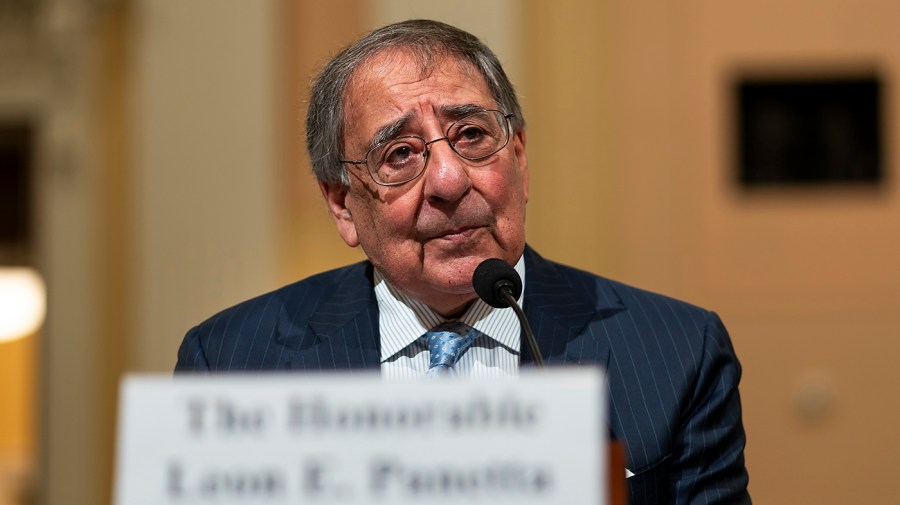
Leon Panetta, former defense secretary for the Obama administration, said it’s “not surprising” that Israel admitted mistakes after an airstrike killed aid workers earlier this week, because in his experience, “the Israelis usually fire and then ask questions.”
“You have to be able to verify to take time to make sure that information that you’re getting is accurate with regards to targets,” Panetta told CNN’s Jim Sciutto Friday. “And I have to tell you that in the past, at least in my experience, the Israelis usually fire and then ask questions.”
Panetta’s comments come just days after an Israeli airstrike killed seven World Central Kitchen workers delivering food to civilians in Gaza. The Israeli military dismissed two officers Friday after finding that the fatal strike should not have happened.
A preliminary investigation carried out by the Israeli Joint Chiefs of Staff found that the military mistakenly thought a convoy carrying the workers — who communicated about their planned movements to the Israeli military and were in clearly marked vehicles — were armed Hamas fighters.
Panetta said “it’s not surprising” that Israel has admitted to the mistakes, but argued that the “real question” is how Israel will “change the procedures for going after targets” who are verified through the military.
“That’s a heavy lift, but it’s going to be required in the United States,” he said.
President Biden spoke with Israeli Prime Minister Benjamin Netanyahu Thursday, where he took his sharpest tone yet, warning that U.S. policy would now be determined by Israel’s immediate next steps.
Just after the Biden-Netanyahu call, Israel’s wartime Cabinet approved the opening of a key border crossing in northern Gaza, as the pressure for the country to do more for aid workers and civilians increases.
Panetta said he thinks if Israel “takes some real steps, concrete steps” to improve procedures and help aid workers, the U.S. may not put conditions on military aid, and may continue supplying Netanyahu with weapons.
“But if in fact, they don’t take those steps or they take some initial steps and then go back to business as usual, then I do think that the United States has to look seriously at whether or not to condition the weapons we’re providing,” he said.














